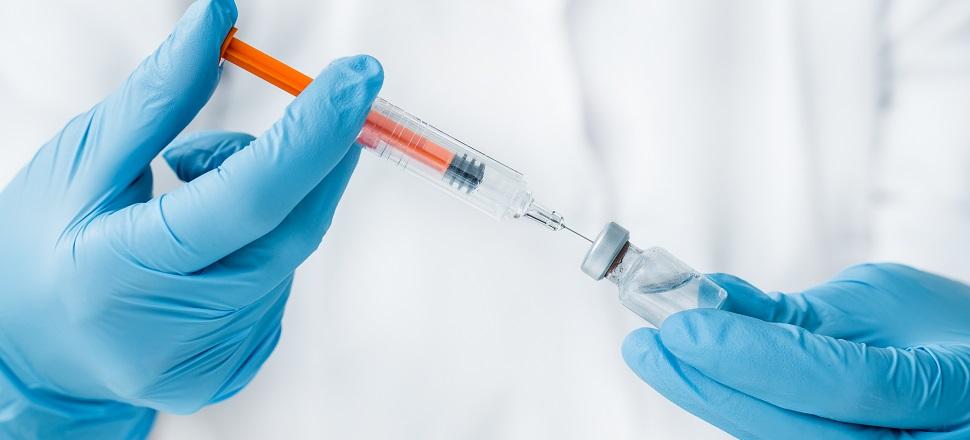COVID-19 vaccine update from the Chief Medical Officer
GPs should have received an update from Chief Medical Officer, Professor Paul Kelly, about new advice on the COVID-19 vaccine rollout in general practice.

Vaccination with AstraZeneca
The Australian Technical Advisory Group on Immunisation (ATAGI) has released a statement clarifying the dosage intervals for AstraZeneca in the context of a COVID-19 outbreak. The advice clarifies that in an outbreak setting, an interval of 4-8 weeks if preferred.
ATAGI has also reinforced its earlier advice that the benefits to people aged 60 or over of being vaccinated with the AstraZeneca vaccine strongly outweigh the risks – and that vaccination is essential for this group in the context of an outbreak.
Noting the current constrained supply of the Pfizer vaccine, ATAGI also recommended adults under the age of 60 who do not have immediate access to the Pfizer vaccine should consider the benefits and risks of earlier protection through the AstraZeneca vaccine.
This recommendation is in the context of an outbreak increasing the risk of people contracting COVID-19 – and hence the increased benefit vaccination provides.
For more information, see ATAGI statement on use of COVID-19 vaccines in an outbreak setting.
Updated information about thrombosis with thrombocytopaenia syndrome (TTS)
There is emerging evidence that early detection and management of cases, including referral to hospital, can prevent the development of more serious complications.
The following are possible symptoms of TTS:
-
An unusual headache that starts or persists at least 48 hours after vaccination, and which is severe or does not improve with simple analgesia
-
Signs and symptoms of raised intracranial pressure
-
Signs or symptoms suggestive of thrombosis in other anatomical locations (e.g. abdominal pain suggestive of thrombosis in the splanchnic circulation, or chest pain suggestive of pulmonary embolism)
-
Signs suggestive of clinically significant thrombocytopenia, such as petechial rash or bleeding, or bruising not at the vaccine injection site that cannot be explained.
Among the key messages from these experts is that primary health care providers should consider the potential for a patient having TTS if they present with possible thrombosis or thrombocytopenia 4-42 days after they have received a dose of the AstraZeneca vaccine.
Suspected cases should be immediately referred to an emergency department if they are acutely unwell (for example, they have a neurological deficit).
For more information, see COVID-19 vaccination – Primary care approach to thrombosis with thrombocytopenia syndrome after COVID-19 AstraZeneca vaccine.
COVID-19 indemnity scheme to protect health professionals and patients
The Australian Government is establishing a COVID-19 Vaccine Claim Scheme to provide further assurance and confidence to patients and health professionals in the COVID-19 vaccine rollout. Further information can be found on the Department of Health Website.
Further updates
Further updates about residential aged care worker prioritisation and updated eligibility for Aboriginal and Torres Strait Islander people can be found at the attachment to this article.


